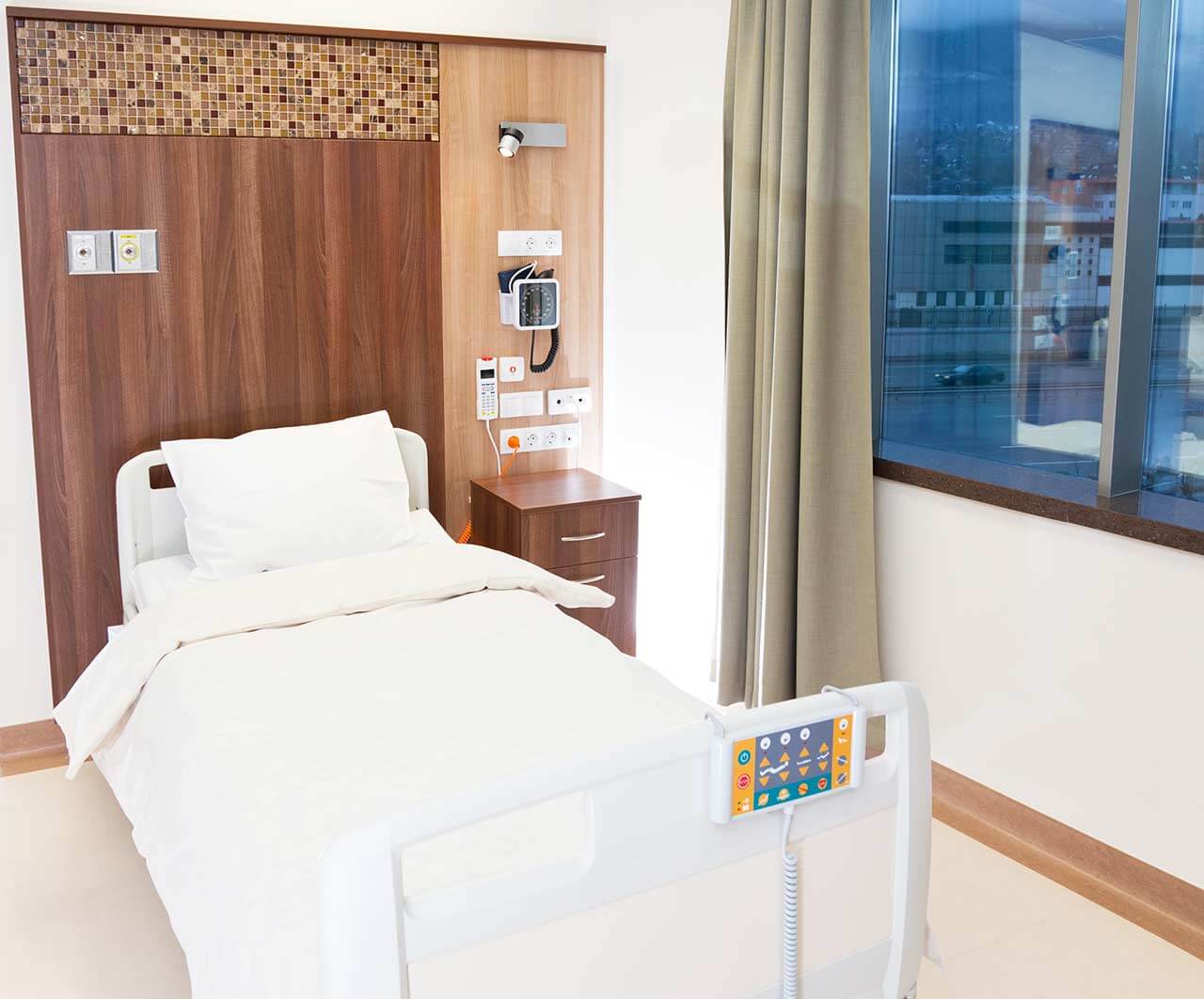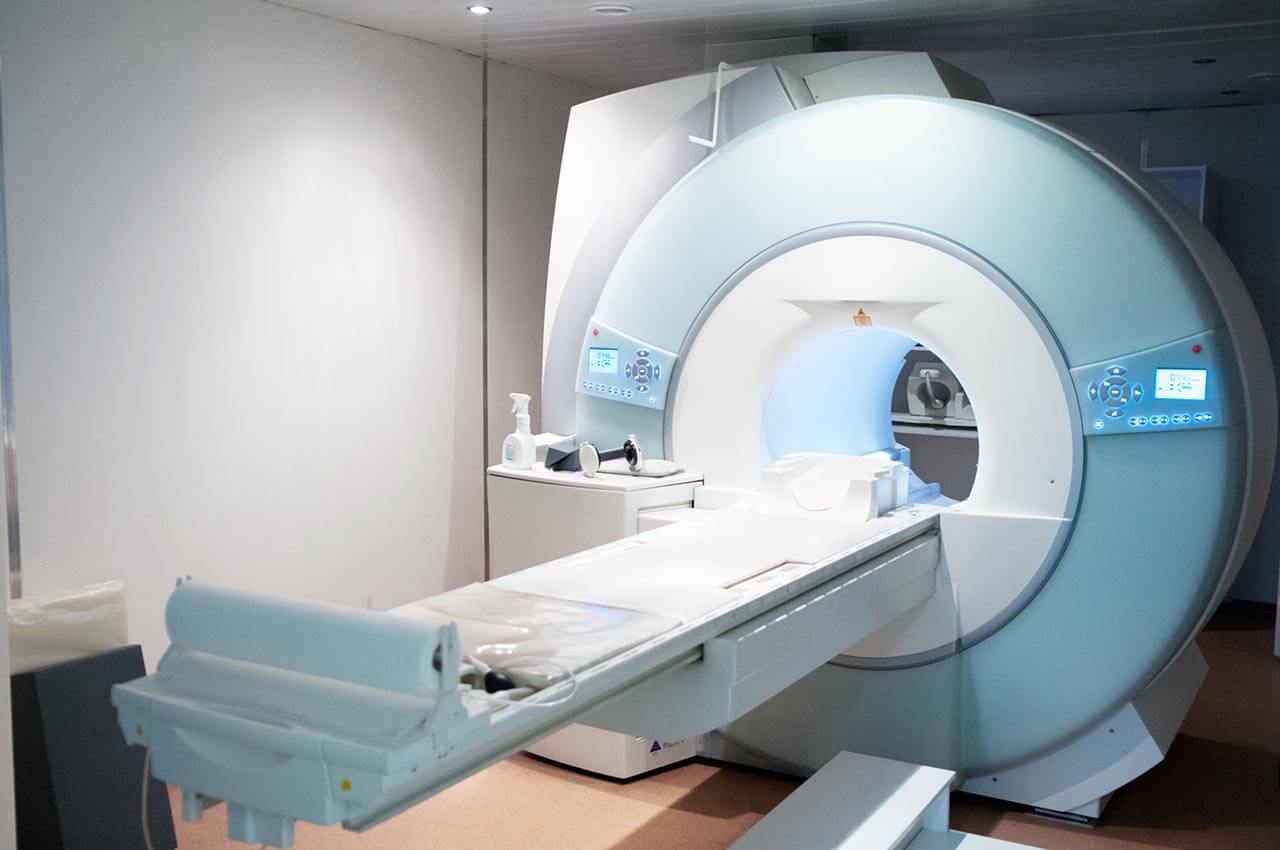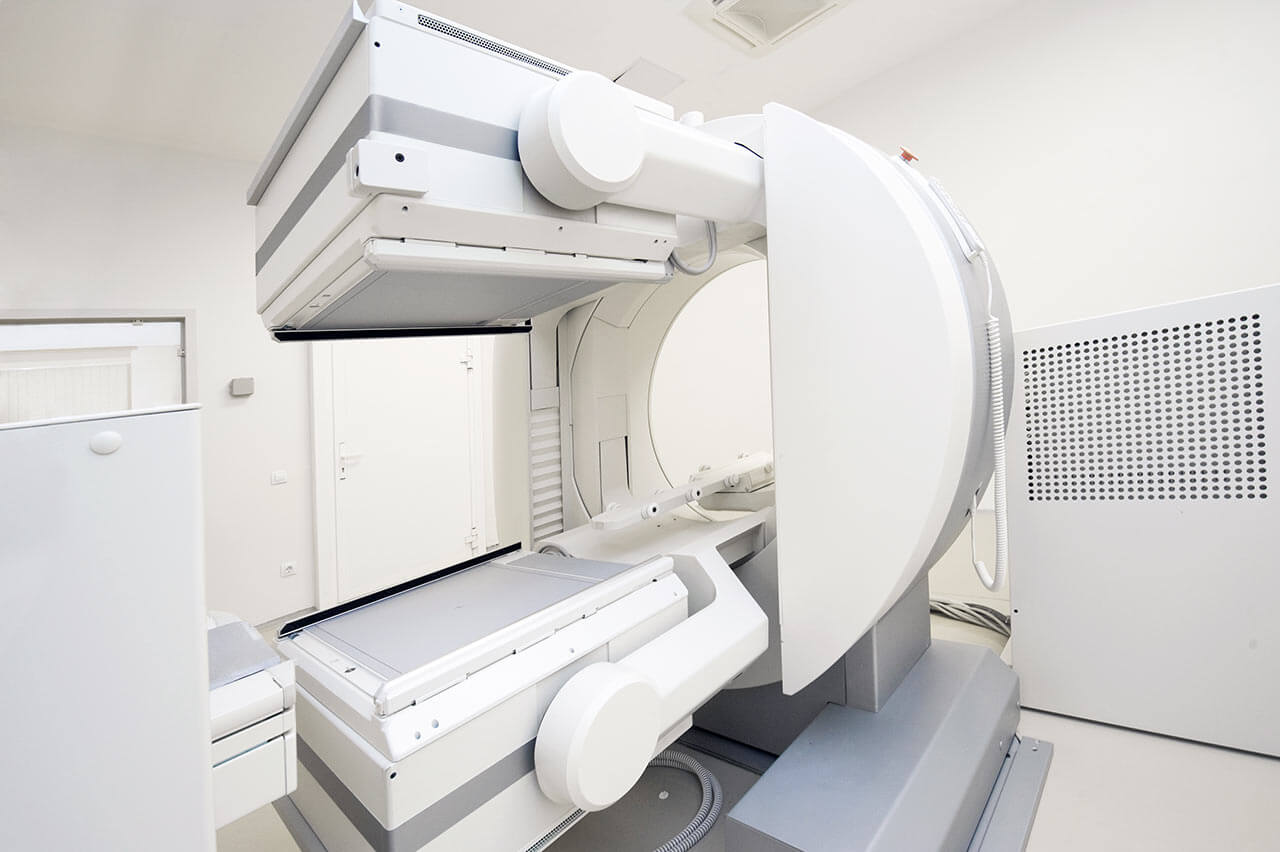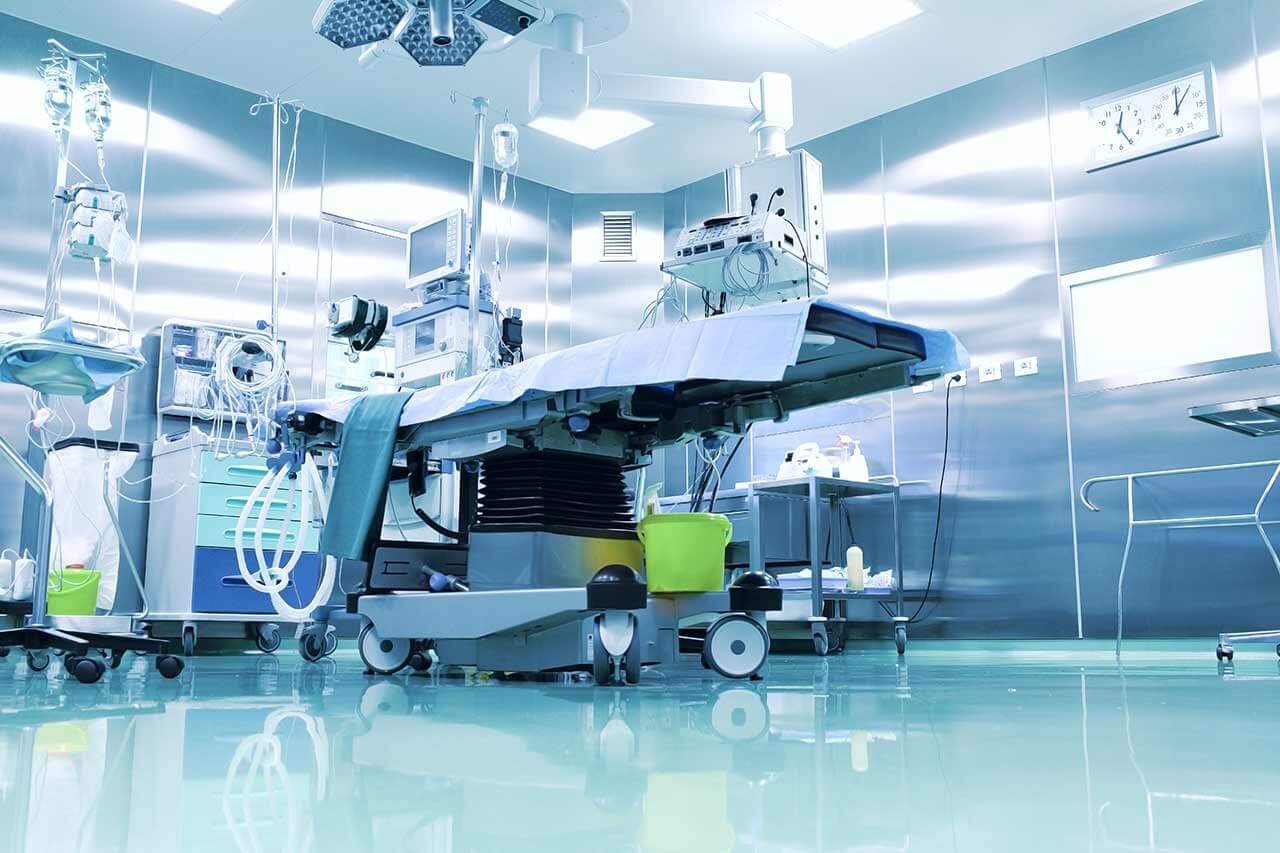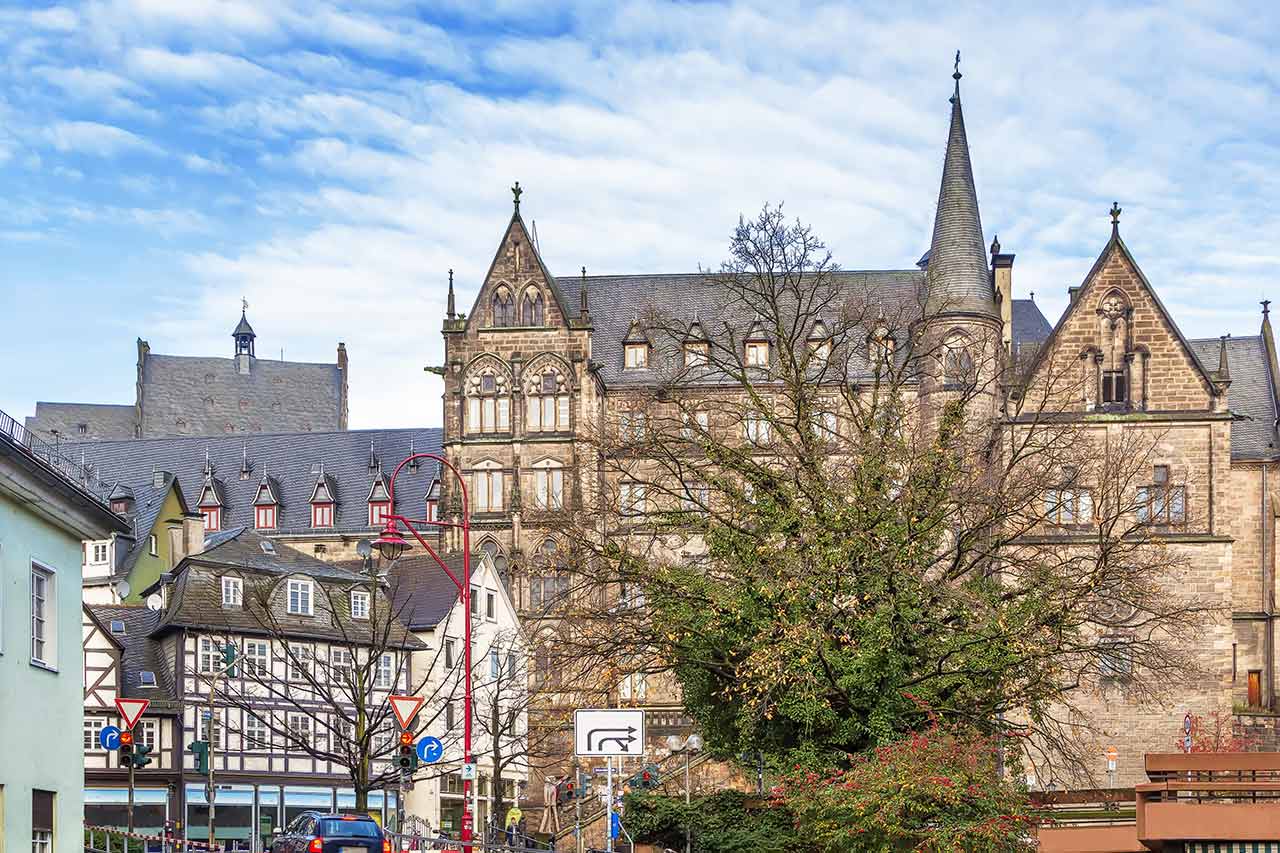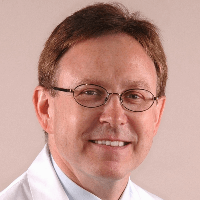
The program includes:
- Initial presentation in the clinic
- clinical history taking
- review of medical records
- physical examination
- laboratory tests:
- complete blood count
- general urine analysis
- biochemical analysis of blood
- TSH-basal, fT3, fT4
- tumor markers
- inflammation indicators
- indicators of blood coagulation
- CT scan / MRI of the abdomen and retriperitoneum
- abdominal and retroperitoneal ultrasound scan
- 1 course of chemotherapy
- nursing services
- consultations of related specialists
- treatment by head doctor and leading experts
- explanation of individual treatment plan
How program is carried out
During the first visit, the doctor will conduct a clinical examination and go through the results of previous laboratory tests and instrumental examinations. After that, you will undergo an additional examination, including laboratory assessment of liver and kidney function, ultrasound scan. Based on the received results, the doctor will elaborate the chemotherapy regimen. If necessary, related medical specialists will be involved in the elaboration of a treatment regimen (tumor board).
Chemotherapy is carried out as the inpatient procedure, with mandatory admission to the hospital. After the placement of a venous catheter, you will stay in a comfortable ward. An infusion system will be connected to the catheter, through which the required drug or a drug combination will be administered. All drugs are administered by intravenous drip, slowly, so the total duration of the infusion can be up to several hours. All this time, doctors and nurses will monitor your health condition closely.
After the course of chemotherapy, you will stay under medical supervision in the ward for a few more hours. After the completion of the chemotherapy course you will receive the medical report with detailed recommendations regarding further treatment. In the future, you will be able to have a distant consultation with your attending physician and schedule the next course of chemotherapy, if necessary.
Required documents
- Medical records
- MRI/CT scan (not older than 3 months)
- Biopsy results (if available)
Service
You may also book:
 BookingHealth Price from:
BookingHealth Price from:
About the department
The Department of Pediatric and Adolescent Medicine offers all methods of modern diagnostics and treatment for young patients with various diseases. The department is headed by Prof. Dr. med. Rolf Felix Maier.
The structure of the department includes an emergency unit, a number of specialized outpatient clinics and a day hospital. The department’s priorities of clinical practice include neonatology, pediatric nephrology, including kidney transplantation in children, pediatric pulmonology and allergology. Thanks to the coordinated work of a motivated and highly competent medical team, state-of-the-art technical equipment and close cooperation with other doctors, the department provides comprehensive medical care of the highest quality.
As a Level I Perinatal Center, the department specializes in caring for premature babies and newborns with congenital pathologies. The specially trained doctors take care of the baby’s health. To this end, the department has advanced technical equipment.
In most cases, one of the parents of young children and school-age children can be accommodated in the child’s ward or in special apartments for parents. The department strives to provide patients and their families with the best possible medical treatment and care.
The service range of the department includes:
- Care for premature infants and babies with congenital pathologies (neonatology)
- Diagnostic and treatment of kidney diseases, including kidney transplantation in children, care before and after transplantation
- Diagnostics and treatment of lung and respiratory diseases (for example, bronchial asthma, obstructive bronchitis, congenital lung diseases and cystic fibrosis)
- Diagnostics and treatment of diseases of allergic spectrum in children (for example, hay fever, atopic dermatitis, allergies to insect venom and drugs, food intolerance)
- Pediatric intensive care
- Diagnostics and treatment of endocrine diseases, including diabetes, in children
- Diagnostics and treatment of diseases of the gastrointestinal tract
- Diagnostics and treatment of diseases of the nervous system in children (for example, epilepsy, developmental delay, metabolic disorders affecting the nervous system, congenital pathologies of the nervous system)
- Diagnostics and treatment of sleep disorders in children
- Diagnostics and treatment of children and adolescents with congenital heart defects, cardiovascular diseases
- Diagnostics and treatment of hematological and oncological diseases in children
- Diagnostics and treatment of vascular malformations in children (lymphangiomas, hemangiomas)
- Diagnostics and treatment of Galen vein malformations
- Diagnostics and treatment of congenital facial malformations (for example, cleft lip and palate, Pierre Robin sequence)
- Medical care in emergency clinical situations
- Other medical services
Curriculum vitae
Education and Professional Career
- 1975 - 1981 Study of Human Medicine at the University of Ulm.
- 1981 Admission to medical practice.
- 1982 Doctoral dissertation at the University of Ulm.
- 1981 - 1986 Assistant Physician at the Children's Hospital Aalen.
- 1986 - 1987 Assistant Physician, Olga Hospital in Stuttgart.
- 1987 Board certification in Pediatric and Adolescent Medicine.
- 1988 - 2002 Research Fellow (Assistant Physician, then Senior Physician, then Deputy Head of the department) in the Department of Neonatology at the University Hospital Virchow, Humboldt University of Berlin.
- 1991 Specialization in Neonatology.
- 1995 Habilitation, Humboldt University of Berlin.
- 2002 Invitation to the post of C4 Professor at the Phillips University of Marburg.
- 2002 - 2005 Head of the Department of Neonatology and Neuropediatrics, University Hospital Marburg UKGM.
- Since 2005 Head of the Department of Pediatric and Adolescent Medicine at the University Hospital Marburg UKGM.
Research Focuses
- Anemia in premature infants.
- Oxygen transport in premature infants.
- Neuroprotection in newborns.
Positions in Scientific Societies and Institutions
- Since 2003 Board Member of the German Society of Perinatal Medicine (DGPM).
- Since 2005 Board Member of the Society of Neonatology and Pediatric Intensive Care (GNPI).
- 2007 - 2009 President of the German Society of Perinatal Medicine (DGPM).
- 2009 - 2011 Board Member of the South German Society of Pediatrics and Adolescent Medicine.
- 2013 - 2017 President of the Society of Neonatology and Pediatric Intensive Care (GNPI).
Honors
- 1995 Prize of the German Society of Perinatal Medicine.
- 2000 Theodor Brugsch Prize for Teaching, Charite, Berlin.
Photo of the doctor: (c) UKGM - Universitätsklinikum Gießen und Marburg GmbH
About hospital
The University Hospital Marburg UKGM offers patients modern diagnostics and comprehensive therapy at the international level. As a maximum care hospital, the medical facility specializes in all fields of modern medicine ranging from ophthalmology to traumatology and dentistry. The main areas of specialization of the hospital are surgery, neurosurgery, oncology, nephrology with kidney transplantation and children's medicine.
The hospital is the third largest in Germany. Every year, more than 436,000 patients are treated in two locations of the hospital (Giessen and Marburg): 342,000 in outpatient and 94,000 inpatient settings. The medical facility is the first privatized university hospital in the country.
The hospital staff makes a significant contribution to the development of research activities at the Faculty of Medicine of the Justus Liebig University Giessen and the Philipps University of Marburg. To develop new diagnostic and therapeutic methods, as well as to implement them into clinical practice, the specialists maintain active cooperation in a large number of areas.
The widest range of diagnostic and therapeutic services, the advanced infrastructure and technical base, high quality of treatment and professionalism of health workers contribute to the fact that the medical facility has an excellent reputation not only in Germany, but also far beyond its borders.
Photo: (c) depositphotos
Accommodation in hospital
Patients rooms
The patients of the University Hospital Marburg UKGM live in comfortable single and double rooms made in a modern design and light colors. Each room has an ensuite bathroom with shower and toilet. The pediatric departments provide patient rooms for the joint accommodation of mother and child. The standard room furnishing includes an automatically adjustable bed, bedside table, wardrobe, TV, telephone.
Meals and Menus
The patients of the hospital are offered balanced, healthy three meals a day: buffet breakfast, lunch and dinner. The private kitchen, certified according to DIN EN ISO 9001: 2000, is responsible for providing patients with food and drinks.
If for some reason you do not eat all foods, you will be offered an individual menu. The hospital also has a cafeteria with a large assortment of hot and cold drinks, snacks and desserts.
Further details
Standard rooms include:
Television
All patient rooms are equipped with TV sets. If you have some questions about TV use, please contact medical personnel.
Religion
Religious services can be provided upon request.
Accompanying person
During an inpatient program, an accompanying person can stay with you in a patient room or in a hotel of your choice.
Hotel
During the outpatient program, you can stay at the hotel of your choice. Our managers will help you choose the most suitable option.
